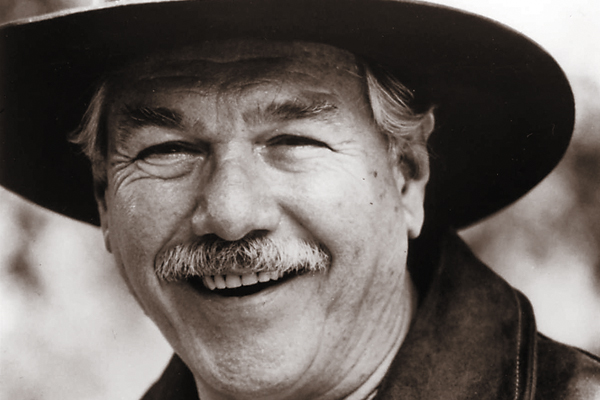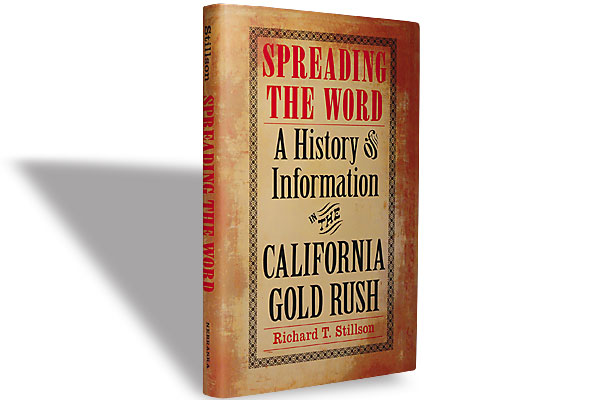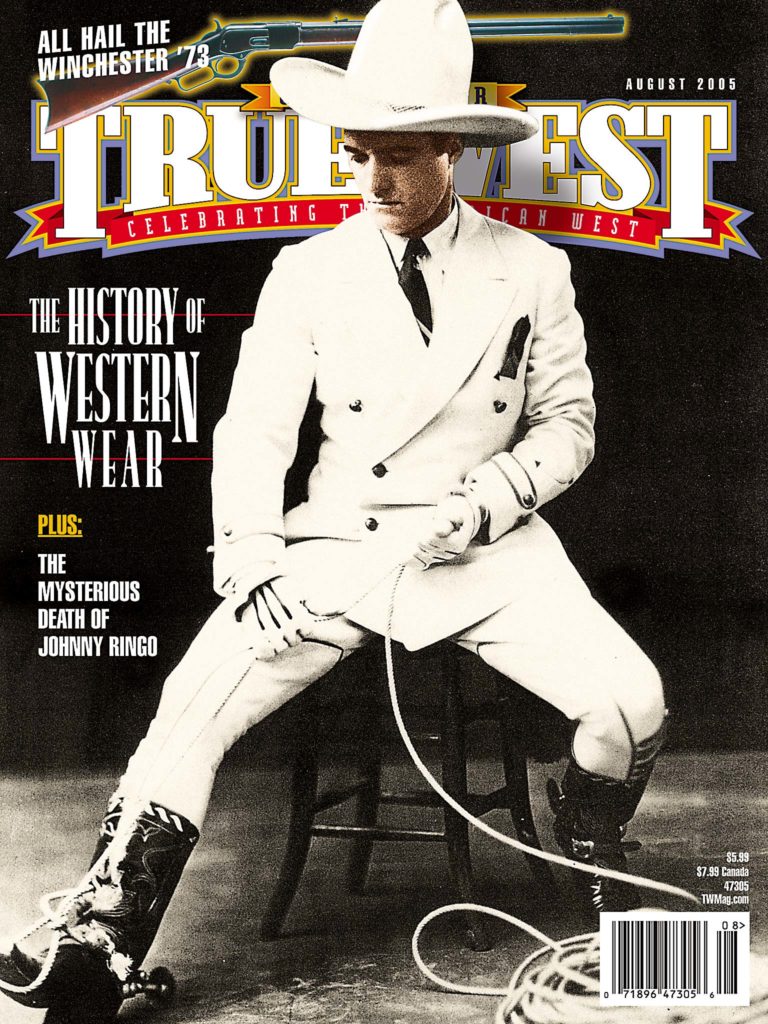 In over 75 books from the Rivers West series to those on the Baron family of Texas, Jory Sherman has brought to life a complex mix of stories and characters, including his favorite: Jack Bone, a mixed-blood Lipan Apache, a true villain and a loner.
In over 75 books from the Rivers West series to those on the Baron family of Texas, Jory Sherman has brought to life a complex mix of stories and characters, including his favorite: Jack Bone, a mixed-blood Lipan Apache, a true villain and a loner.
“While many of my characters are loners, few are drawn as starkly as Bone,” Sherman says.
Bone had a role in one of Sherman’s favorite books, Grass Kingdom, set in 1920s Texas during prohibition. The success of Grass Kingdom allowed Sherman to expand on the characters, in this case by writing: The Barons of Texas, The Baron War, The Baron Brand and The Baron Range. Set around the fictional town of Baronsville, Texas, Sherman’s most recent novel, The Baron Honor, is the latest in the saga of that Texas family and neighbors.
TW: How do you determine who your characters will be?
JS: I have my own theories about writing a novel, and one of these is that plots create the characters you need, and characters form the plot you use. If you create a strong lead character, he or she must face challenges with other characters and elements, so the novel will be peopled with suitable antagonists. I love creating characters because they illuminate a particular period in history.
TW: Do you find it difficult to “invent” characters?
JS: Sometimes, but I never falter in my pursuit of a character. And I know I will always find the character I need. Still, some are elusive and must be explored more fully before life can be breathed into them. The earnest writer, the artist, will always find the heart of a character, however, and will always find the true heart of a novel somewhere in the process of writing that novel. That belief has carried me a long way in my invention and development of characters.
During a 40-year career, Sherman has created other memorable stories, including The Medicine Horn, which won him a Spur from Western Writers of America in 1991. He began writing as a poet and has dozens of novels to his credit, including stories of mountain men and ranchers, of trail drovers and Indians. For the Rivers West series, which he created, Sherman penned The Brazos, The Rio Grande, The South Platte, The Arkansas and The Columbia, and he lined up the authors of other titles in the series, including Western stalwarts such as Win Blevins, Gary McCarthy, Richard S. Wheeler and Don Coldsmith.
TW: Of all your books, which is your favorite?
JS: Of my Western novels, Song Of The Cheyenne stands out as one of the more memorable, probably because it told the story of a crucial time in Cheyenne history, in 1855, when their fortunes took a downward turn. When they lost the Medicine Hat and the Medicine Arrows, the tide turned against them and they were not a strong people anymore but were overrun by the white race, conquered and relegated to reservations and ignominy. I like the book for another reason. It has no white man images in it, so it is told through the eyes of the Cheyenne of that period had they been able to write it all down in the English language.
During his career, Sherman has seen the Western evolve “from a scenic landscape painted by Owen Wister and Zane Grey into the gritty human documents of E.L. Doctorow, Will James, Jack Schaefer, Elmore Leonard, Ron Hansen, Brian Garfield, Loren D. Estleman and others.” His books and those of other novelists have “gone from the few short cattle drive years (where guns were quick and tempers short) to the deeply moving poetic landscape of other times, other human adventures that deal with the true spirit of the West and how it shaped human lives.”
Candy Moulton is a frequent True West contributor and editor of the Western Writers of America Roundup Magazine





